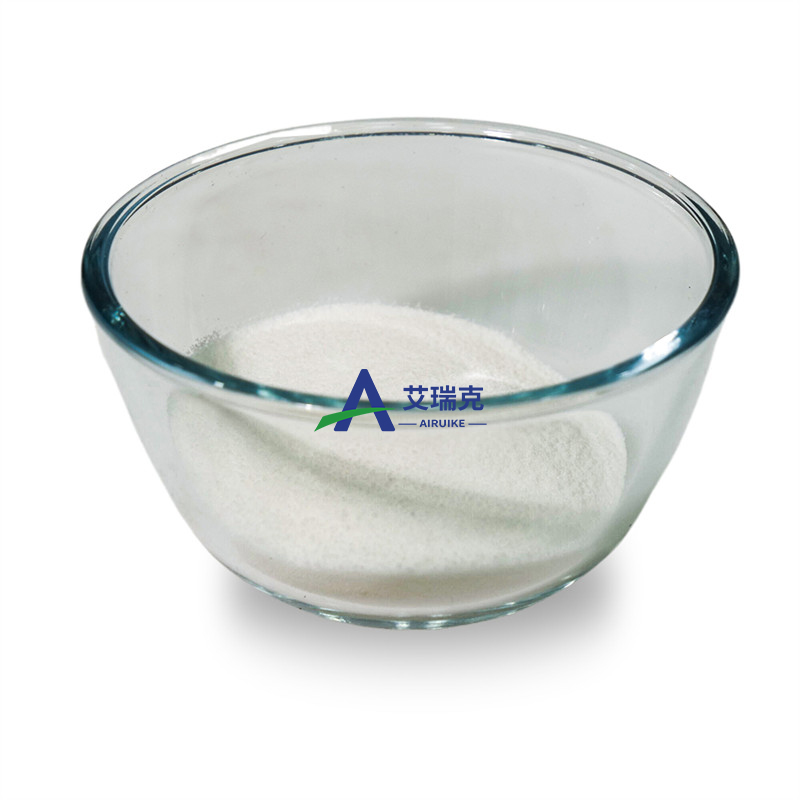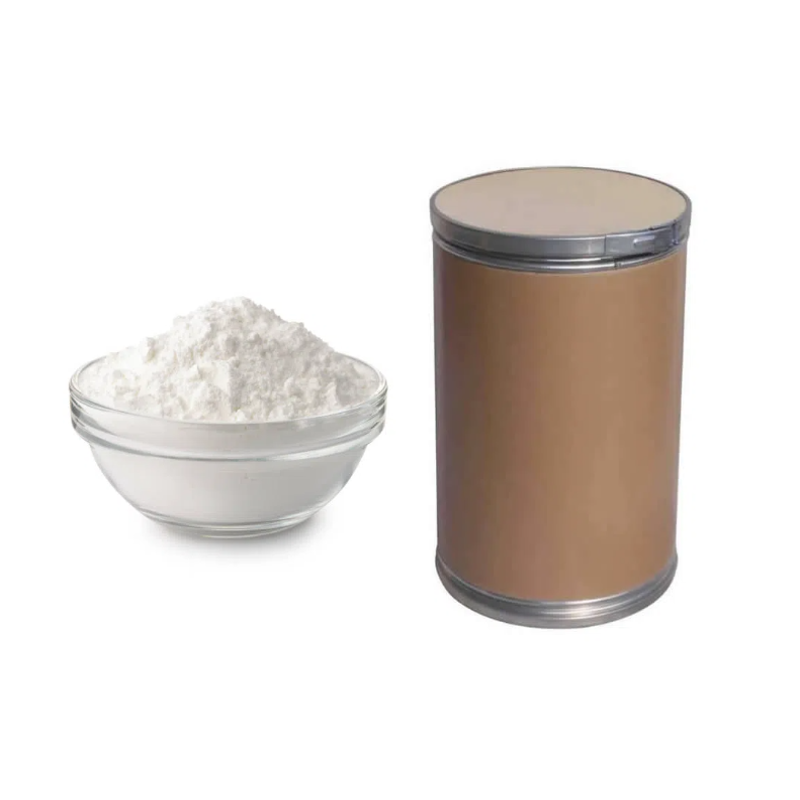-
Categories
-
Pharmaceutical Intermediates
-
Active Pharmaceutical Ingredients
-
Food Additives
- Industrial Coatings
- Agrochemicals
- Dyes and Pigments
- Surfactant
- Flavors and Fragrances
- Chemical Reagents
- Catalyst and Auxiliary
- Natural Products
- Inorganic Chemistry
-
Organic Chemistry
-
Biochemical Engineering
- Analytical Chemistry
-
Cosmetic Ingredient
- Water Treatment Chemical
-
Pharmaceutical Intermediates
Promotion
ECHEMI Mall
Wholesale
Weekly Price
Exhibition
News
-
Trade Service
Prostate cancer is one of the most common malignant tumors in European and American countries
.
With the improvement of China's economic level and the change of residents' life>
.
PSMA is not only highly expressed in advanced and castration-resistant prostate cancer, but the large extracellular domain makes it a perfect target for immune methods
.
In addition, the results of PSMA targeted radionuclide therapy also confirmed that it is an ideal target for the diagnosis and treatment of prostate cancer
.
For the treatment of advanced prostate cancer, androgen deprivation therapy (ADT) is still the first-line therapy, but advanced prostate cancer often develops metastasis or castration resistance, and then develops into castration-resistant prostate cancer (CRPC, Castrate-Resistant Prostate Cancer)
.
For CRPC, androgen receptor blockers (AR) such as abiraterone and enzalutamide have been widely used clinically, but the remission rate is limited
.
Therefore, more therapies for PSMA need to be explored
.
At present, immunotherapy targeting PSMA has entered the clinic, and it is expected to provide new drug options for patients with advanced castration-resistant prostate cancer in the future
.
Targeted PSMA immunotherapy is mainly divided into the following categories: antibody-drug conjugates (ADC), chimeric antigen receptor T cells (CAR-T), and bispecific T cell redirection therapy
.
.
With the improvement of China's economic level and the change of residents' life>
.
PSMA is not only highly expressed in advanced and castration-resistant prostate cancer, but the large extracellular domain makes it a perfect target for immune methods
.
In addition, the results of PSMA targeted radionuclide therapy also confirmed that it is an ideal target for the diagnosis and treatment of prostate cancer
.
For the treatment of advanced prostate cancer, androgen deprivation therapy (ADT) is still the first-line therapy, but advanced prostate cancer often develops metastasis or castration resistance, and then develops into castration-resistant prostate cancer (CRPC, Castrate-Resistant Prostate Cancer)
.
For CRPC, androgen receptor blockers (AR) such as abiraterone and enzalutamide have been widely used clinically, but the remission rate is limited
.
Therefore, more therapies for PSMA need to be explored
.
At present, immunotherapy targeting PSMA has entered the clinic, and it is expected to provide new drug options for patients with advanced castration-resistant prostate cancer in the future
.
Targeted PSMA immunotherapy is mainly divided into the following categories: antibody-drug conjugates (ADC), chimeric antigen receptor T cells (CAR-T), and bispecific T cell redirection therapy
.







